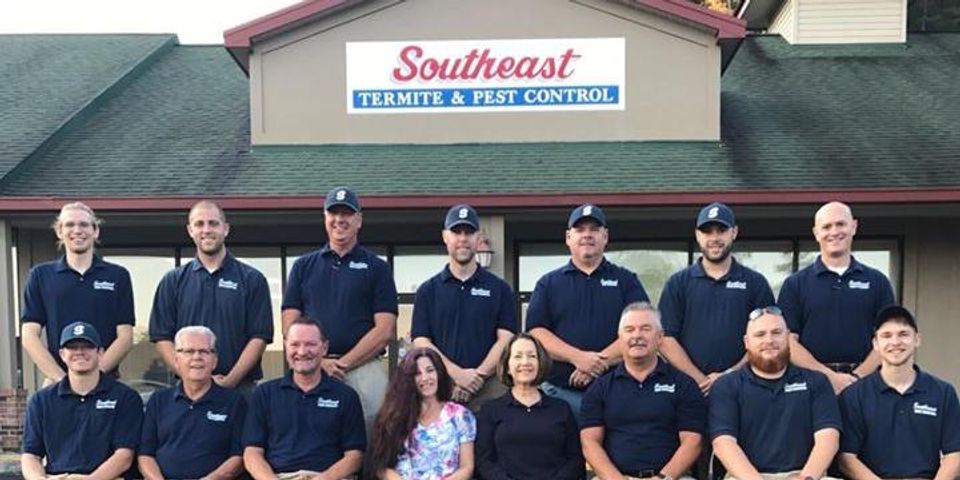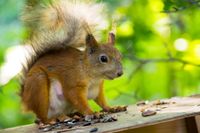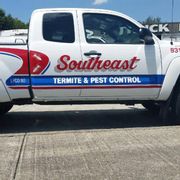What to Know About Squirrels and Your Home

Squirrels are often considered cute and harmless—not the type of animal to call a pest control company for. But as many homeowners have learned, they’re capable of doing structural and landscaping damage. Here’s a closer look at why squirrels might become a problem in your home and what you can do to deter them.
A Guide to Squirrels & Home Damage
Indoor Signs & Sounds
Squirrels typically live outdoors, but they will often invade structures to nest. Signs that you have uninvited houseguests include scratching or scuffling noises in the attic, walls, or on the roof, evidence of droppings in the attic, or the active presence of squirrels on top of your roof. If you’re experiencing any or all of these, consider calling a wildlife or pest control service.
Possible Damage
 Squirrels, like other rodents, can damage your home by chewing on wiring, insulation, wood, shingles, and siding. Damaged wires are a fire hazard, and holes in siding or roofing can allow moisture to get into the home—with subsequent water damage or mold growth. Excessive damage to insulation can create bare or exposed areas and decrease the efficiency of the insulation, causing increased heating and cooling costs.
Squirrels, like other rodents, can damage your home by chewing on wiring, insulation, wood, shingles, and siding. Damaged wires are a fire hazard, and holes in siding or roofing can allow moisture to get into the home—with subsequent water damage or mold growth. Excessive damage to insulation can create bare or exposed areas and decrease the efficiency of the insulation, causing increased heating and cooling costs.
Health Hazards
These furry-tailed rodents don’t pass on diseases in the same way rats do, but use caution when handling droppings, as salmonella may be present. Wear gloves and safety goggles when cleaning up a squirrel nest. They can carry parasites such as mites, ticks, and fleas, which can bite humans and pets, and those with allergies may have increased symptoms of congestion, headache, or sneezing.
How to Prevent a Squirrel Infestation
Don’t Feed Them
Squirrels are attracted to your home by easily available food, such as in bird feeders or pet food that’s left outdoors or in open storage bins. It may be cute to get a squirrel to take peanuts from your hand, but this only trains them to keep coming back for more. Compost piles, especially with kitchen waste, will attract squirrels and other animals, so be sure to situate yours at an appropriate distance from the home and cover it when not in use.
Use Repellents
As an effective and gentle pest control method, treat plants with a natural repellent spray, such as capsicum, to keep them away from your flowers and shrubs. Place baffles, or wide metal collars, on trees and bird feeder poles 6 feet off the ground to keep squirrels from climbing. Squirrels dislike certain plants, such as peppermint, hyacinth, and alliums, so planting these around the house and garden can be an effective deterrent as well.
Squirrels are a well-known part of wildlife you can enjoy observing, even in urban areas—but they can be pests as well. If you need a pest control service to humanely remove squirrels in your home, call Southeast Termite & Pest Control in Knoxville, TN. This independent, family-owned business has handled wildlife, termites, and other pests professionally and quickly throughout Knoxville County since 1971. Visit them online to see a full range of services or call (865) 925-3700 to speak with an expert.
About the Business
Have a question? Ask the experts!
Send your question

